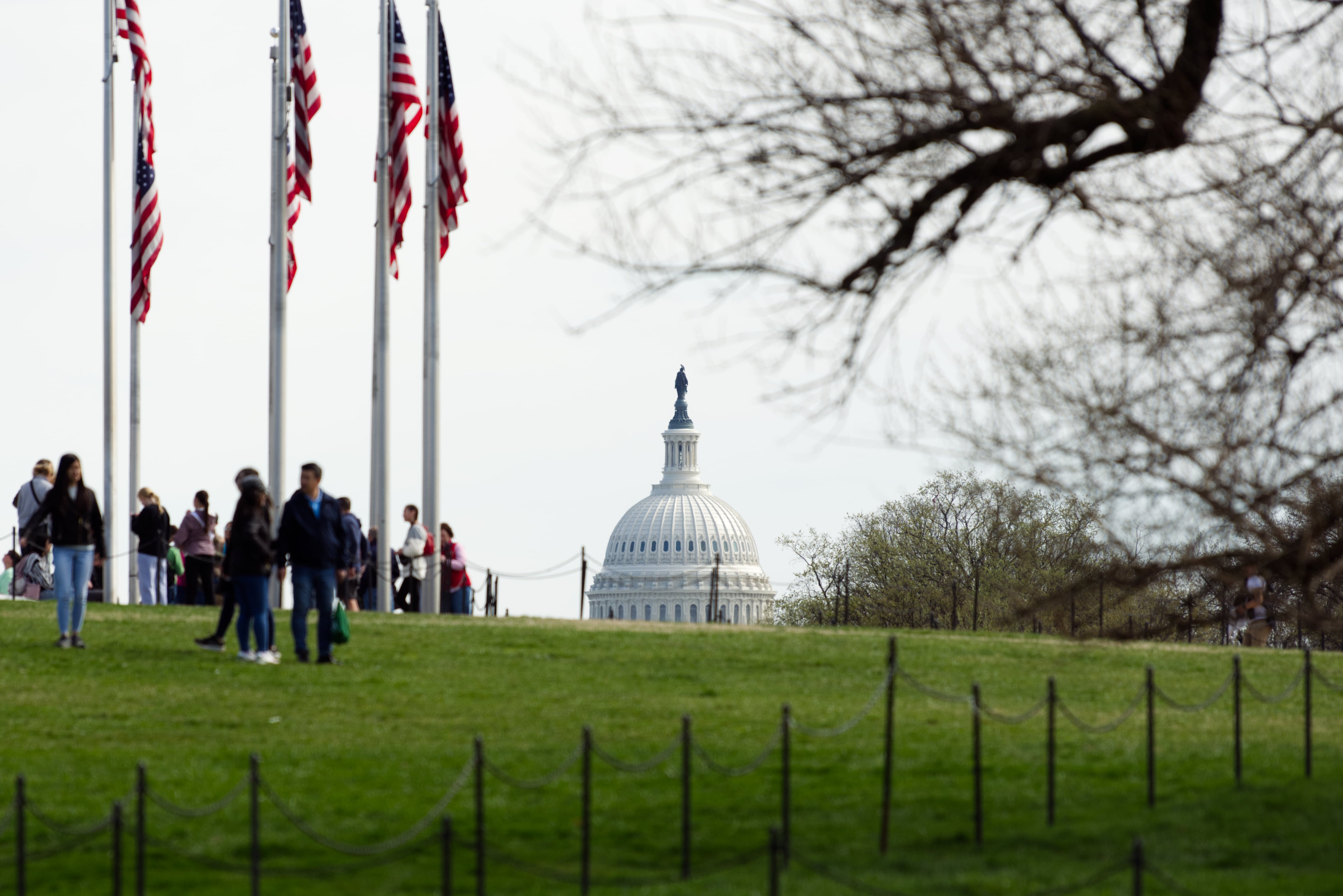The Supreme Court delivered a landmark decision on June 24, overturning the 1973 Roe v. Wade decision that established abortion as a constitutional right in the U.S. The fallout from the case continues to dominate headlines and spark protests across the country, leaving some federal employees wondering what to do if the topic trickles into workplace conversation.
Questions about the Hatch Act often surface when political discourse runs especially hot. The 83 year-old law defines what constitutes inappropriate political activity in the government workplace. And it’s not just a guidebook. The law comes with consequences if violated, such as removal from federal service or fines. Last week, the Office of Special Counsel disciplined three federal employees from the Postal Service, Department of Veterans Affairs and Department of Defense who were found to have violated the Hatch Act.
“The Hatch Act is designed to ensure that federal agencies don’t become entangled in the partisan political process,” said Ken Paulson, director of the Free Speech Center at Middle Tennessee State University, in an interview. It defines “political activity” as actions or speech directed toward the success or failure of a partisan political party, candidate or group.
In the aftermath from the Supreme Court opinion in Dobbs vs. Jackson Women’s Health Organization, it’s not that federal workers can’t discuss the case or share information about a rally over abortion rights, for example. Rather, on duty employees in the federal workplace are barred from tying the issue to direct involvement in the election and candidacy processes.
“Even though people might perceive the overturning of Roe v. Wade as falling along partisan lines, that’s not what the Hatch Act is designed to address,” Paulson said. “If someone in a federal office encourages colleagues never to vote for a Republican candidate again, that would in all likelihood be a violation of the Hatch Act.”
Rights of federal workers
The Hatch Act is meant to protect federal employees from coercion, he said. It also offers the public confidence that the government is administering laws free of partisanship. Employees retain their rights to vote, campaign and express political opinions, but the Hatch Act places some moderate restrictions on doing so in the federal workplace.
Government workers may not use their official authority to interfere with an election or while engaged in political activity.
While political activity flows unbridled online, it’s limited in a government office. Employees, or even those wearing identifiable insignia, cannot post comments that encourage or discourage supporting a candidate or party while on duty and in the workplace. That also applies to being in a government vehicle or teleworking from home.
Federal workers should avoid using government computers for political activities.
For federal managers wanting to address an issue via a staff email or team meeting, Paulson said “address the policy, not the politicians.”
“To the extent that any Supreme Court decision may be politically charged, that doesn’t mean that discussing it is political activity for purposes of the Hatch Act,” said an attorney with the Office of Special Counsel.
Non-unionized employees also cannot engage in political fundraising at any time.
If employees want to participate in a rally for or against an issue, they may find trouble if the event was organized or hosted by a political party or candidate, said an attorney from the Office of Special Counsel.
The Department of Defense outlines specific guidance for members of the military. Service members should not engage in partisan political activities while on active duty and in uniform.
The Hatch Act came out of the New Deal era, after New Mexico Sen. Carl Hatch discovered political coercion within government programs, including the Works Progress Administration, which were siphoning money to support Democratic candidates in the 1938 elections.
“The way to stay out of trouble at work is to treat any mention of a political party or candidate as nuclear waste,” Paulson said. “Stay away from that, and you’ll probably be OK.”
Molly Weisner is a staff reporter for Federal Times where she covers labor, policy and contracting pertaining to the government workforce. She made previous stops at USA Today and McClatchy as a digital producer, and worked at The New York Times as a copy editor. Molly majored in journalism at the University of North Carolina at Chapel Hill.





